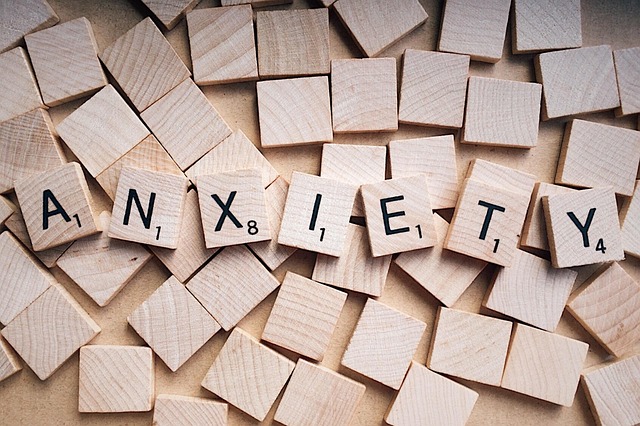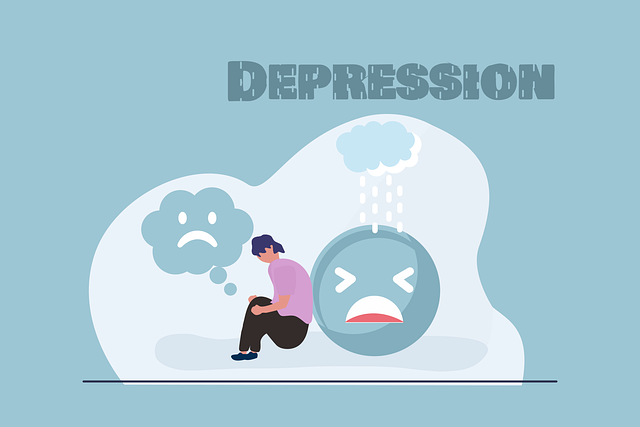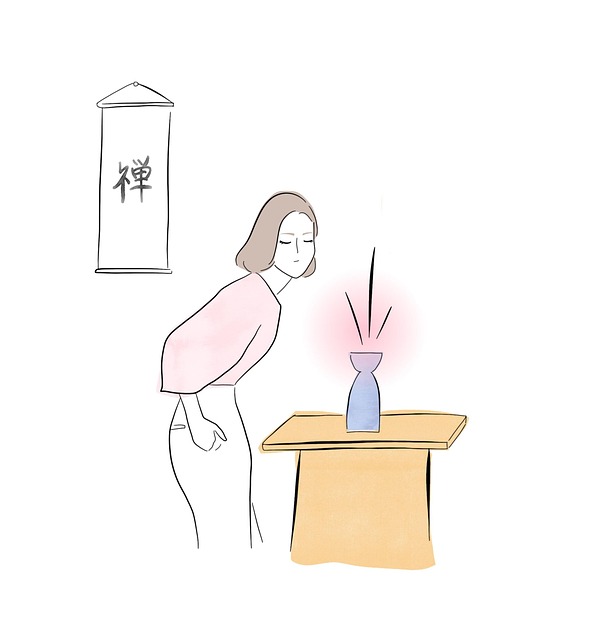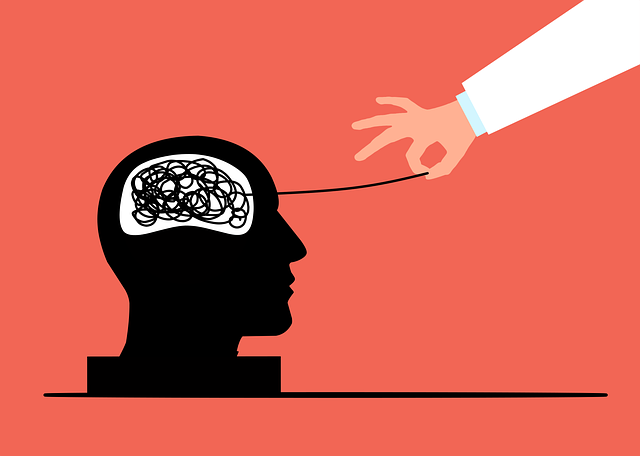Lafayette Phobias Therapy offers effective stress management strategies, combining Cognitive Behavioral Techniques (CBT), mindfulness practices, and tailored coping mechanisms for diverse mental health needs. By addressing specific fears and anxieties through gradual exposure therapy, they empower individuals to build resilience against chronic stress. Integrating these evidence-based techniques with lifestyle changes like healthy habits and social support creates comprehensive solutions for long-term well-being, accessible to diverse populations via community workshops and outreach programs.
Stress management techniques are essential tools for maintaining mental well-being. In this comprehensive guide, we explore effective strategies to combat stress and its profound impact on our lives. From understanding the root causes of stress to implementing evidence-based methods like Lafayette Phobias Therapy and cognitive behavioral techniques, each section delves into proven practices. Discover mindfulness practices, lifestyle adjustments, and the power of support systems for sustained stress management.
- Understanding Stress and Its Impact on Mental Health
- The Role of Lafayette Phobias Therapy in Managing Stress
- Cognitive Behavioral Techniques for Effective Stress Reduction
- Mindfulness Practices to Cultivate Calmness and Resilience
- Lifestyle Changes and Support Systems for Sustained Stress Management
Understanding Stress and Its Impact on Mental Health

Stress is a natural response to demanding situations, but when it becomes chronic, it can significantly impact mental health. It’s crucial to understand that constant exposure to stress triggers can lead to various mental health issues, such as anxiety and depression. Lafayette Phobias Therapy recognizes this connection and offers valuable tools for managing stress effectively. By learning to identify and cope with stressful triggers, individuals can enhance their resilience and overall well-being.
Mental Health Awareness is essential in navigating today’s fast-paced world, where burnout prevention is a growing concern. Cultural Sensitivity in Mental Healthcare Practice plays a vital role in ensuring that stress management techniques are tailored to meet the diverse needs of different populations. Through personalized approaches, mental health professionals can help individuals develop strategies to manage stress, thereby fostering better mental health and resilience.
The Role of Lafayette Phobias Therapy in Managing Stress

Lafayette Phobias Therapy plays a significant role in stress management by addressing specific fears and anxieties that can contribute to elevated stress levels. This therapeutic approach aims to help individuals confront and overcome their phobias, enabling them to develop healthier coping mechanisms. By gradually exposing clients to the feared object or situation in a controlled environment, therapists facilitate a process known as desensitization, which reduces the intensity of the associated stress response over time.
Incorporating Lafayette Phobias Therapy into one’s stress management toolkit can lead to substantial improvements in mental wellness. Additionally, this technique often complements other effective strategies like Conflict Resolution Techniques and Mental Wellness Journaling Exercises Guidance. Through consistent practice, individuals can learn to manage their phobias proactively, thereby enhancing their overall ability to handle and reduce stressful situations effectively.
Cognitive Behavioral Techniques for Effective Stress Reduction

Cognitive Behavioral Techniques (CBT) offer a powerful approach to stress management and reduction. This evidence-based method focuses on identifying and changing negative thought patterns that contribute to heightened stress levels. By challenging and modifying these thoughts, individuals can gain a sense of control over their emotional responses, leading to improved emotional regulation. CBT is particularly effective in addressing various mental health concerns, including anxiety disorders and phobias, as demonstrated by Lafayette Phobias Therapy’s success stories.
Incorporating CBT strategies into daily life encourages active participation in managing stress. This involves recognizing triggers, understanding cognitive distortions, and replacing them with more realistic and positive thoughts. For instance, instead of viewing challenges as insurmountable obstacles, individuals can learn to perceive them as opportunities for growth. This shift in perspective empowers people to develop resilience and cope effectively with stressful situations, making it a valuable tool for trauma support services and enhancing overall well-being. Public awareness campaigns development focused on CBT can further promote emotional regulation techniques as accessible and practical tools for stress management.
Mindfulness Practices to Cultivate Calmness and Resilience

Mindfulness practices have emerged as a powerful tool in stress management, offering individuals a way to cultivate calmness and resilience in the face of life’s challenges. These techniques, often taught through Lafayette Phobias Therapy, encourage individuals to focus on the present moment, observing their thoughts and feelings without judgment. By fostering awareness, mindfulness helps reduce reactive responses to stressful situations, enabling better coping mechanisms.
Incorporating mindfulness into daily routines can significantly enhance resilience building. Simple practices like mindful breathing exercises or body scans can help individuals reconnect with their senses, calming the mind and reducing anxiety. Moreover, these practices promote effective communication strategies by improving emotional regulation, allowing for more thoughtful responses in interpersonal interactions. Community outreach program implementations that incorporate mindfulness workshops have been shown to foster supportive environments, where participants learn to manage stress collectively, reinforcing a sense of belonging and resilience.
Lifestyle Changes and Support Systems for Sustained Stress Management

Making sustainable lifestyle changes is a key component of long-term stress management. This includes adopting healthy eating habits, engaging in regular physical activity, and prioritizing adequate sleep. These foundational practices not only support overall well-being but also serve as effective stress reducers. For instance, incorporating mindfulness practices like meditation or yoga into daily routines can help individuals cultivate calmness and resilience to stressful situations.
Building a strong support system is equally vital. Connecting with loved ones, joining support groups, or seeking professional guidance from therapists like those at Lafayette Phobias Therapy can provide individuals with the tools and resources needed to navigate challenging circumstances. Conflict resolution techniques and stress management workshops organized by various organizations can further equip people with practical strategies for coping with life’s demands. By fostering meaningful connections and learning effective stress reduction methods, individuals can enhance their ability to manage and overcome stress over time.
Stress management is a multifaceted approach, as illustrated by various techniques discussed in this article. From understanding stress triggers to adopting cognitive behavioral techniques and mindfulness practices, each plays a vital role in navigating life’s challenges. Integrating lifestyle changes and fostering strong support systems further enhances resilience. For those seeking specialized help, Lafayette Phobias Therapy offers a powerful tool to manage stress effectively. By combining these strategies, individuals can lead healthier, more balanced lives, empowering them to face stress head-on.














